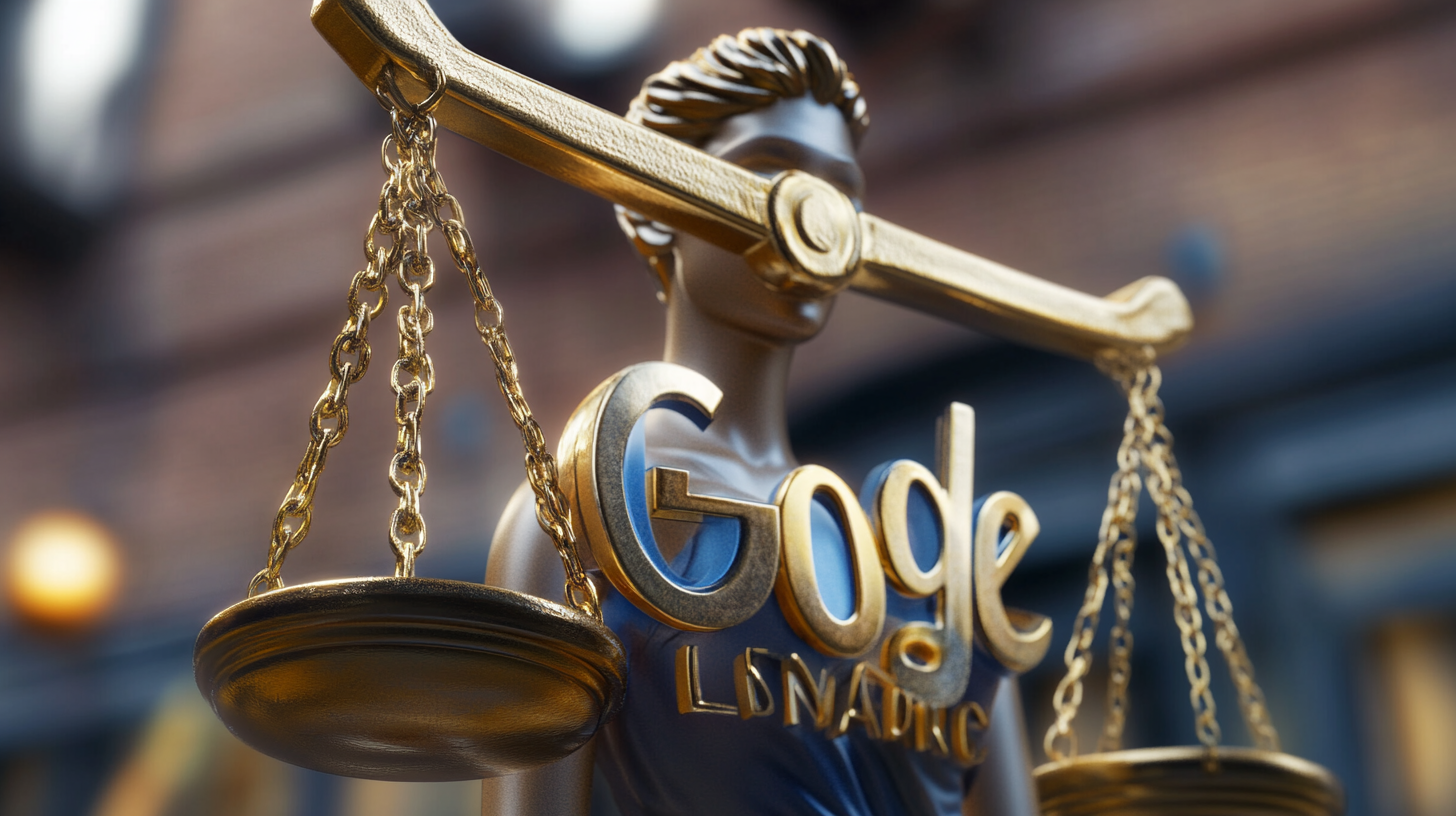Market Shake-ups: What Google’s Monopoly Ruling Means for Digital Advertising
The recent ruling declaring Google a monopoly has turned the digital advertising landscape upside down. As businesses and marketers ponder the implications of this landmark decision, understanding the reactions from the industry and the possible outcomes is essential. With numerous stakeholders affected, the ruling raises questions about the future of competition, advertising efficacy, and regulation within the digital space.
The Ruling and Its Fallout
In a move that has been closely followed by analysts and tech enthusiasts alike, the court officially identified Google as a monopoly. This finding has sparked a whirlwind of reactions from various industry players. Many express uncertainty regarding potential disruptions in market dynamics and how these changes could impact their advertising strategies. As Google packages its appeal process, marketers are on high alert, unsure of whether significant shifts will affect their campaigns, budgets, and ROI.
This scenario elucidates the delicate balance of power that Google holds within the digital ecosystem. With a substantial market share, the company has successfully maintained its dominance, but not without scrutiny. The ruling has highlighted ethical and practical concerns surrounding monopolistic behavior. As we look deeper into the implications, it’s critical to evaluate the current state of competition and what the future might hold.
Innovation Stagnation and Market Share
Interestingly, Google's recent decline in market share can be linked to stagnation in innovation. Once the frontrunner in digital advertising technology, Google now faces criticism for not keeping pace with emerging trends. Competitors have capitalized on this stagnation, further wounding Google's stronghold in the industry.
- Competitors make strides: Various companies have stepped in to fill the gaps left by Google's sluggish innovations. This change is particularly evident in sectors like SEO tools, where new platforms provide cutting-edge functionalities absent from Google's offerings.
- EU Mandate Impacts: Compounding the effects of Google’s stagnation is the regulatory pressure coming from the European Union. Their mandates are reshaping how digital advertising practices unfold, pushing for greater transparency and accountability in the operations of major players, including Google.
Despite Google’s long-standing dominance, it’s clear that these shifts present both challenges and opportunities for brands operating within the digital advertising framework.
Ethical Considerations in the Ruling
The implications of declaring Google a monopoly extend beyond mere market positioning. Ethical considerations arise, prompting discussions about the responsibilities of tech giants in fostering equitable competitive environments.
Consumer Choice: A monopoly can limit consumer choice, as users may find fewer alternatives to Google’s services. As dependence grows on a singular platform, this can lead to complacency in service improvements.
Advertising Costs: As competition dwindles, advertisers may face increased costs. In a monopoly, the lack of competitive pricing structures often translates to inflated advertising fees, making it tougher for small businesses to thrive.
Addressing these ethical concerns is essential for the overall health of the marketplace. It's crucial for regulators and industry leaders to advocate for practices that support a diverse and dynamic advertising ecosystem.
The Future: Navigating an Uncertain Terrain
As Google embarks on an appeal process, the future of digital advertising hangs in the balance. This scenario poses several questions for marketers and businesses:
- What if the ruling changes Google’s operational approach?
- How do emerging technologies evolve in response to market shifts?
- What should brands do in the interim to prepare for any shifts in advertising strategies?
Marketers need to consider strategic adaptations as they operate in a potentially volatile environment:
Diversify Advertising Channels: Encourage brands to explore various platforms, including social media and emerging digital networks. Broadening advertising efforts can alleviate over-reliance on Google.
Stay Informed: Keeping up with changes in the legal landscape will allow brands to anticipate and respond effectively.
Innovate in Strategy: As competition heats up, brands must leverage creative strategies that incorporate evolving technologies and methodologies.
Conclusion
The verdict that Google is a monopoly is more than a legal ruling; it represents a turning point in digital advertising and antitrust law enforcement. As industry reactions unfold, countless brands are left pondering the next steps and how best to navigate this uncertain terrain.
With innovation stagnation and regulatory pressures redefining the market, now is the time for stakeholders to rethink strategies and ensure resilience against evolving challenges. Companies like Moore Marketing are prepared to help you adapt to these changes. Whether you're looking to explore our Mastery packages or discuss your digital marketing strategies, our expertise can guide you through this turbulent time.
Understanding the implications of this ruling is vital for your business. By staying informed, remaining agile, and leveraging the right partnerships, you can ensure your advertising strategies are not only effective but also positioned for success in the face of uncertainty.
In the continuously shifting landscape of digital advertising, staying ahead requires proactive adaptation and keen insight into market dynamics. Embrace the change, inform your strategy, and set your brand up for future success.

